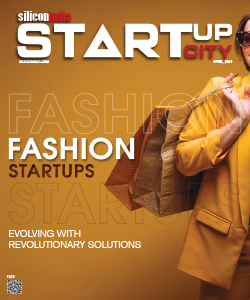Crowdsourcing May Do More Harm Than Good
WASHINGTON: Even when it is in everyone's interest to cooperate, crowdsourcing may do more harm than good to a project, a study suggests.
A significant feature of crowdsourcing - its openness of entry - makes it vulnerable to malicious behaviour that can take many forms, ranging from sabotaging problem progress to submitting misinformation, the findings showed.
Crowdsourcing provides the ability to accomplish information-gathering tasks that require the involvement of a large number of people, cutting across geographical bounndaries, expertise and interests.
"At the same time, the openness makes crowdsourcing solutions vulnerable to malicious behaviour of other interested parties," said co-author Victor Naroditskiy from the University of Southampton in Britain.
"This comes to the front in crowdsourcing contests where a single winner takes the prize," Naroditskiy added.
The researchers observed such behaviour in a number of recent popular crowdsourcing competitions, through analysis based on the 'Prisoner's Dilemma' scenario, which shows why two purely rational individuals might not cooperate, even if it appears that it is in their best interest.
The results will be important for the design of crowdsourcing competitions, as well as for firms that consider using a crowdsourcing to solve a task, the researchers concluded.
The findings appeared in the Journal of the Royal Society Interface.
READ MORE: Bangalore Startup Venturenext Hits Pay Dirt and Indian Founded Firm Buys Out Ghanaian Company


.jpg)
